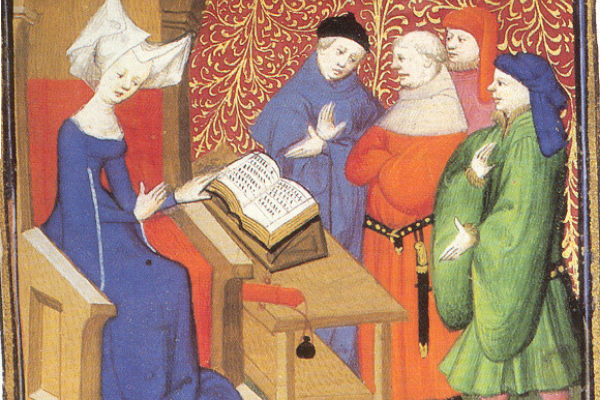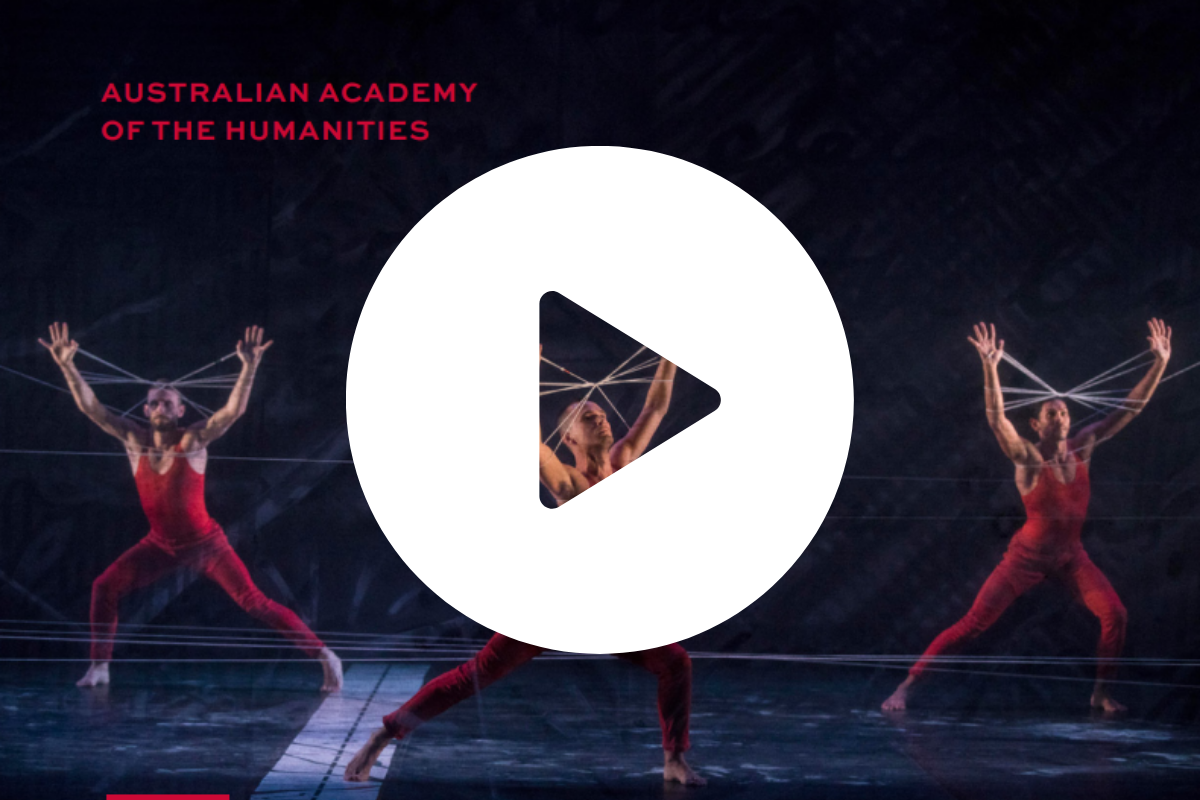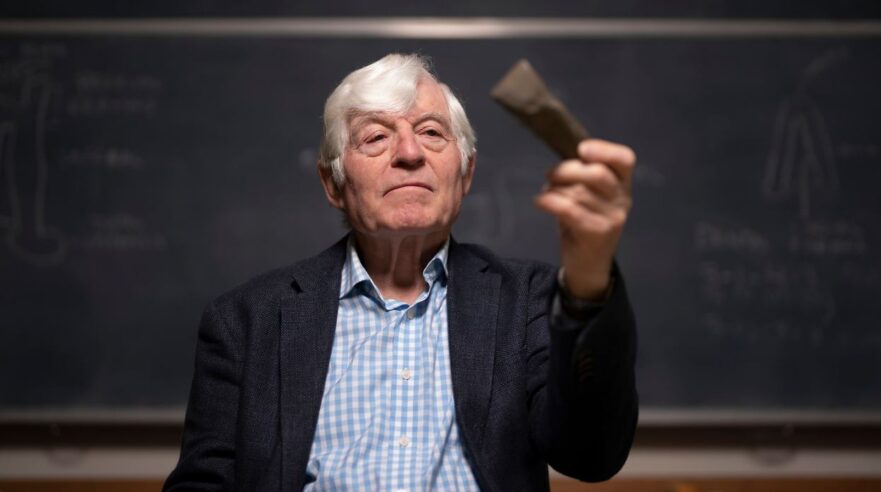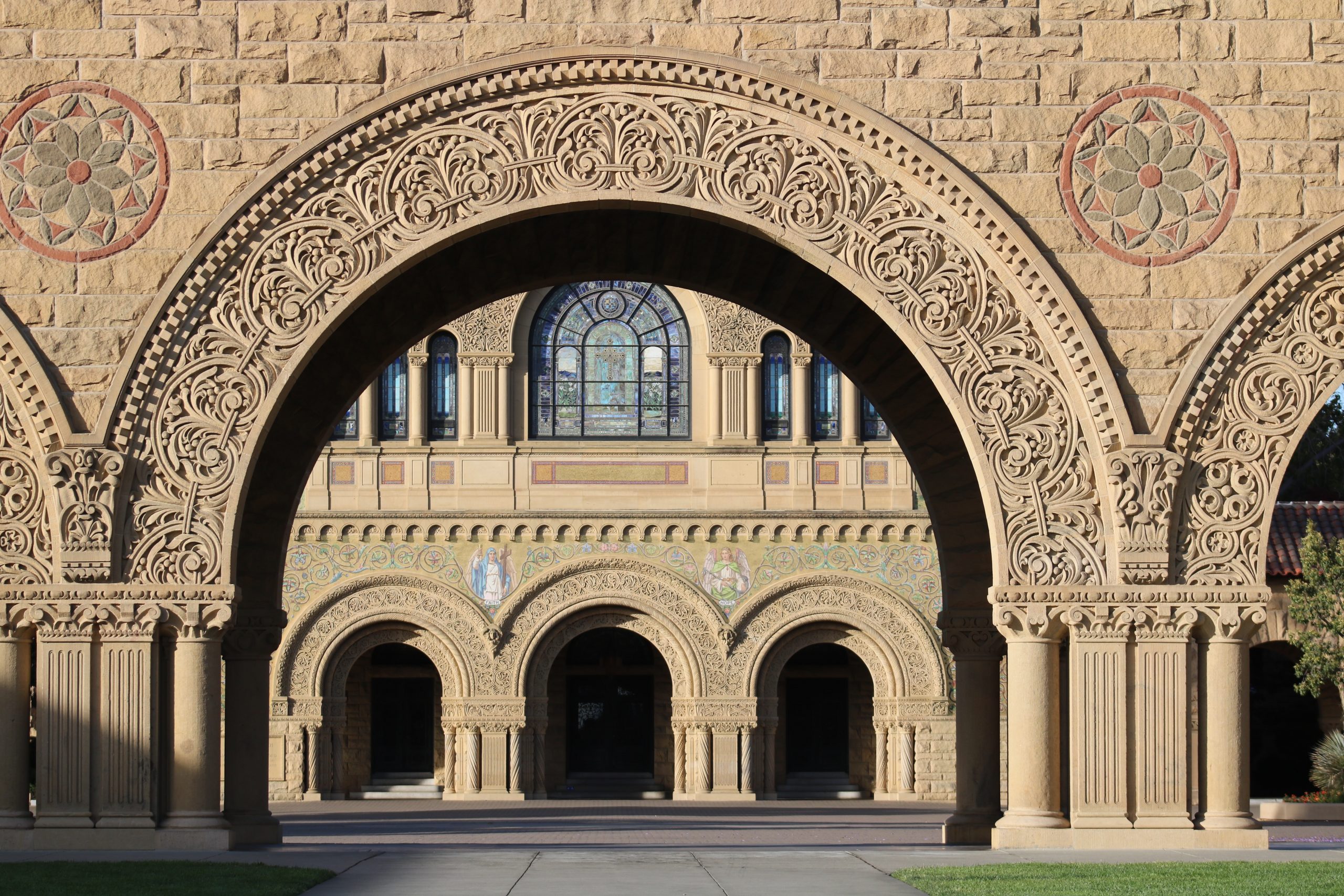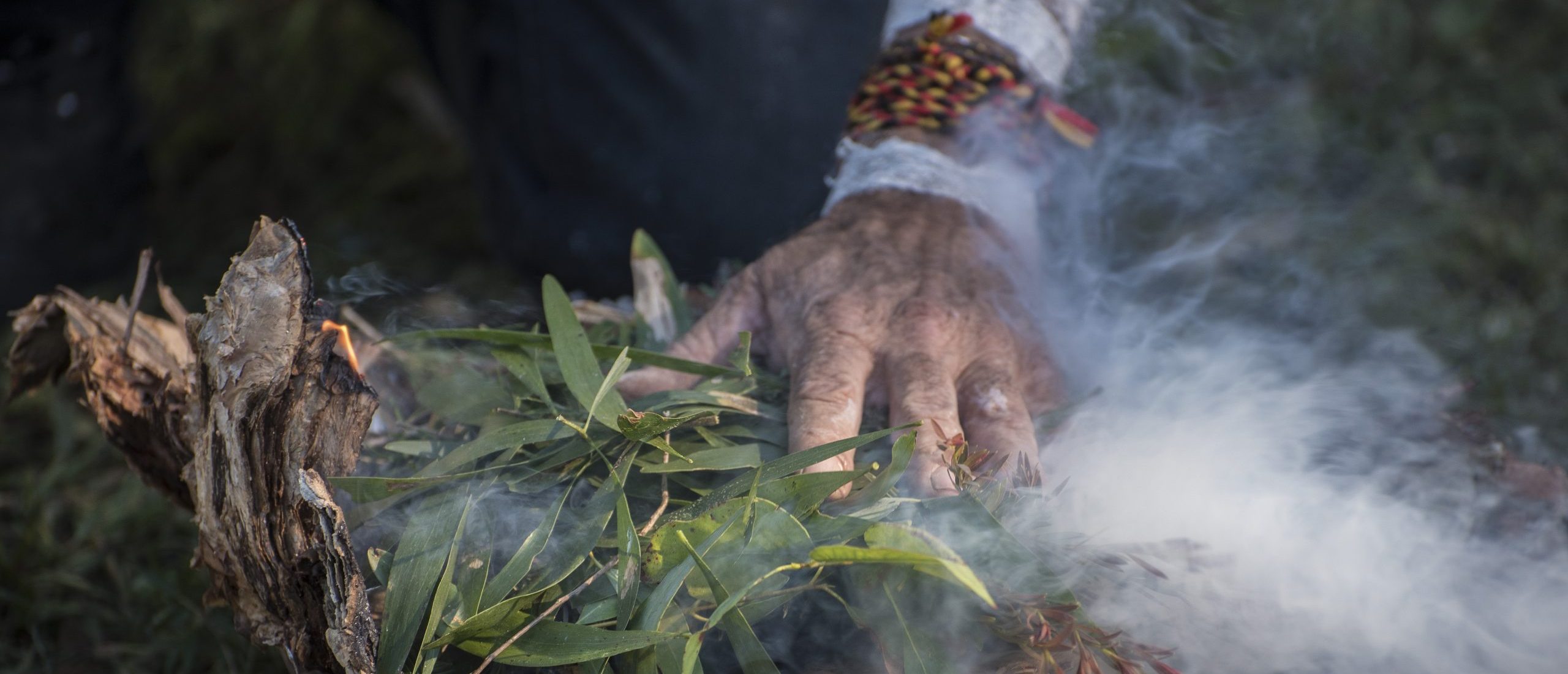You’ve heard of Aristotle and Descartes, but what about Christine de Pizan and Gabrielle Suchon? Contrary to popular belief, many women have made important contributions to the field of philosophy since late medieval times.
Power of the humanities
Explore stories about the social benefits and impact of the Humanities and the remarkable outcomes that can be achieved when humanities researchers collaborate on national and global challenges. Visit our Newsroom to explore stories about our people, community and research.
In August 2018 the Australian government released Sport 2030 – a comprehensive plan to reshape Australian sport and build and healthier, more physically active nation. But what makes for an effective, comprehensive and inclusive policy when it comes to the arts and culture sector? How can policy inspire and create cultural confidence in all Australians? And is it wishful thinking to aim for a national arts and cultural policy that spans three tiers of government, with agreed levels of investment and targets, and an effective delivery mechanism? For independent think tank A New Approach (ANA), these questions are top of mind, especially as the role of arts and culture in our daily lives take on a striking new relevance in the context of the Covid-19 pandemic.
Canberra-based archaeologist, Professor Emeritus Peter Bellwood, is still pinching himself having been named the winner of the 2021 International Cosmos Prize, and in so doing being elevated into the company of previous winners, including environmentalist Sir David Attenborough (2000) and anthropologist Jane Goodall (2017).
Seven years after he began his science degree at Sydney University, 26-year-old Alexander Pereira is heading to Stanford University for postgraduate studies in philosophy. It’s a journey across the disciplines he didn’t anticipate back in 2014 but one that demonstrates the potential for the renewal rather than the ‘death’ of the Humanities around the globe.
This first appeared in The Australian on June 21, 2021 and is republished courtesy of The Australian.
In Session 2 ‘Continuous & Diverse: A Long History of Many Cultures’ from our 2020 Academy Symposium, artist Abdul-Rahman Abdullah, designer and film producer Alison Page, artist Michel Tuffery, and filmmaker Lynette Wallworth add their voices to this discussion and draw on examples from their own artistic practice to demonstrate how we can begin to construct a more inclusive story of our nation – and all its people – through the arts: a story that doesn’t simply insist upon what we have known, but that unearths our unknowing and puts us all in conversation with one another, to ‘share the long held stories.’
Nineteenth-century art forms. 20th-century business models. 21st-century people. In a world now defined by ever-increasing digital capability and possibility, and amidst a pandemic that has highlighted our need for arts and culture in our daily lives, does this disconnect continue to serve us, or is it time to rethink how we create, consume and classify the arts and its many forms?
We spoke with Professor Nick Evans, an Australian linguist and leading expert on endangered languages based at the Australian National University, about the many challenges facing Indigenous Australians during the 2020 coronavirus health emergency. While many of these challenges began to be understood and addressed last year at the height of the crisis, it is essential that we keep them firmly in view and continue to build our capacity to communicate well-tuned messages about health now and into the future.
11th edition of The Journal of the Australian Academy of the Humanities. Established in 2010, Humanities Australia is the Academy’s flagship journal, showcasing some of the outstanding research and writing being carried out by our Fellows. It is an essential part of our commitment to supporting excellence in the humanities and communicating their value to the public.
COVID-19 represents Australia’s single biggest health crisis of the past 100 years. It has provided a myriad of complex, previously untested challenges for governments, businesses and communities to manage and negotiate. One of the most difficult challenges has been in communicating important, potentially life-saving information to a broad range of communities, each with their own needs and special challenges.
In this first in a series of articles on Humanities for Times of Crisis, we speak to Academy Fellow Ingrid Piller, Distinguished Professor of Applied Linguistics at Macquarie University, about the barriers facing multicultural Australia during COVID-19 and the role of humanities expertise in overcoming these challenges.
As a nation we are facing unprecedented challenges, as we wrestle with the consequences of back-to-back bushfire and pandemic crises as well as Australia’s first recession in 29 years. Arts and culture have a significant role to play in helping Australia address these challenges, including setting the tone for how we view ourselves as a nation now and into the future.
2020 has been a record year for challenges: catastrophic bushfires, a brutal global pandemic, the shutdown of our cultural and creative sectors, unemployment shooting up the charts, and a massive fee hike for those wanting to study humanities, arts and social science courses at university.
By Academy President, Professor Joy Damousi.
First published in The Age, 21 June 2020.

